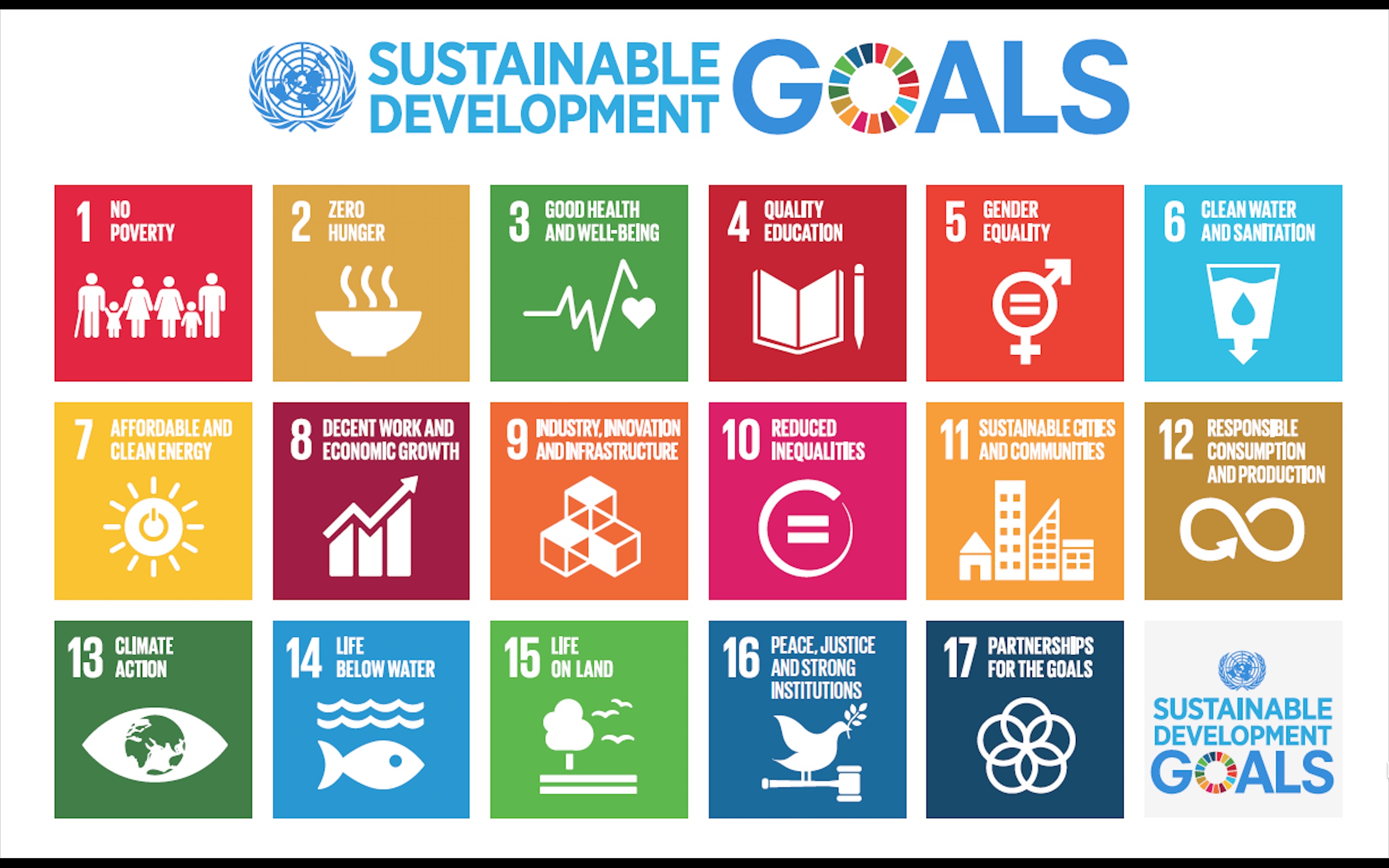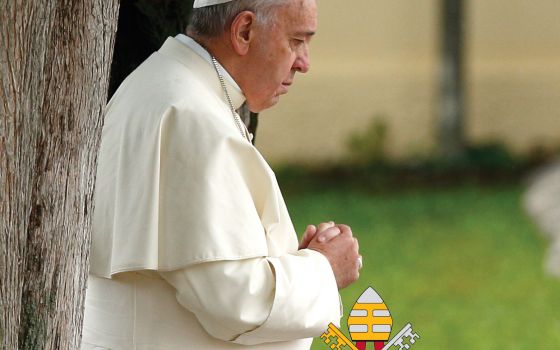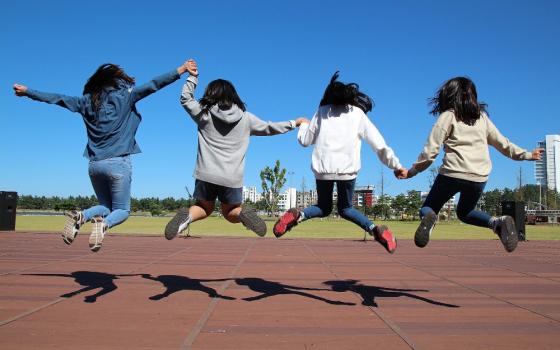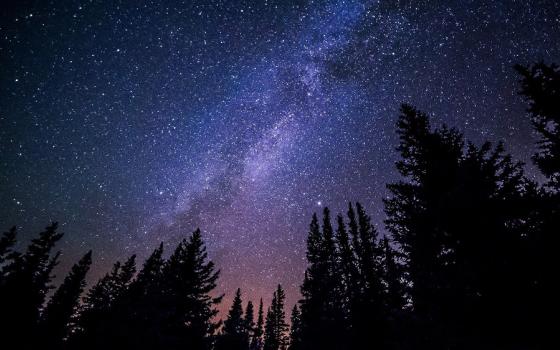
(Wikimedia Commons/United Nations)
READ
Chapter 5, sections 1 and 2
Globalization has made the world vastly interconnected, and in chapter 5, Pope Francis points out that this "interdependence obliges us to think of one world with a common plan" (164). Challenges related to sustainable development impact all parts of the world, and the feedback loops between issues such as climate change and the refugee crisis mean countries must work together to create a better world.
One of the best examples of a global consensus for tackling a critical challenge is the Paris Climate Agreement, which was adopted six months after Laudato Si' was published in December 2015. Still, reaching such an agreement includes many political challenges. Francis explains: "Some strategies for lowering pollutant gas emissions call for the internationalization of environmental costs, which would risk imposing on countries with fewer resources burdensome commitments to reducing emissions comparable to those of the more industrialized countries… As the bishops of Bolivia have stated, 'the countries which have benefited from a high degree of industrialization, at the cost of enormous emissions of greenhouse gases, have a greater responsibility for providing a solution to the problems they have caused'" (170).
The passage aboves points to the need for common but differentiated responsibilities (CBDR), a principle enshrined by the 1992 United Nations Framework Convention on Climate treaty. Even though many environmental agreements have underdelivered on their climate goals, Francis offers some hope: "In some places, cooperatives are being developed to exploit renewable sources of energy which ensure local self-sufficiency and even the sale of surplus energy. This simple example shows that, while the existing world order proves powerless to assume its responsibilities, local individuals and groups can make a real difference. They are able to instil a greater sense of responsibility, a strong sense of community, a readiness to protect others, a spirit of creativity and a deep love for the land" (179).
REFLECT
In the case of climate change, the United States became an example of a country that's unwilling to play its part when the Trump administration announced its intent to withdraw from the Paris Climate Agreement in 2017. However, the U.S. is bound under international law to comply with the agreement's obligations through the end of 2020. To fill the void of national leadership, the We Are Still In coalition – composed of nearly 3,000 American cities, states, tribes, businesses, universities, healthcare organizations and faith groups – has stepped up by committing to uphold our share of the agreement.
And there's good news! A Bloomberg Philanthropies report from 2019 found that such an "all-in" strategy allows us to draw on the policies of the most successful states, cities, and businesses – and all these bottom-up actions could reduce U.S. greenhouse gas emissions by up to 37 percent below 2005 levels by 2030. Although action at the federal level could potentially reduce emissions by 49 percent, it’s empowering to know we can reach such a substantial achievement without congressional and executive action.
ACT
The We Are Still In campaign represents 68% of our GDP and 51% of our emissions, proving the power of a decentralized approach for tackling climate change. Individuals can have a huge impact by following a "think global, act local" mindset too. Anyone can become familiar with the United Nations' Sustainable Development Goals (SDGs) that make up the global agenda for addressing climate change and 16 other issue areas related to sustainability and poverty reduction. Then, take local action. Join a community group (such as Citizens Climate Lobby, which has nearly 600 chapters worldwide) or start one yourself to keep people motivated and accountable. For more inspiration, check out "The Lazy Person’s Guide to Saving the World," a list of actions compiled by the UN ranging from things you can do from your couch to your workplace.
Advertisement








